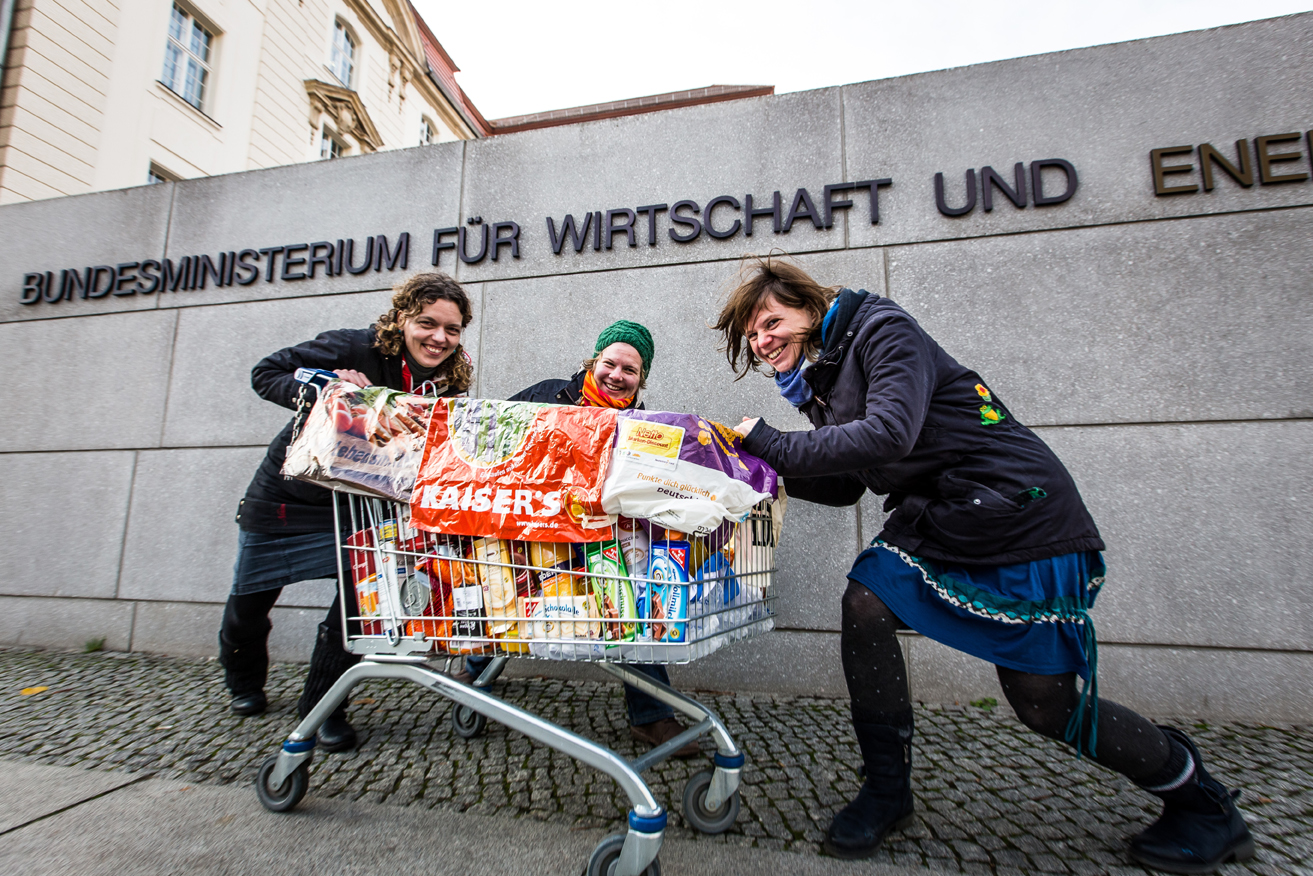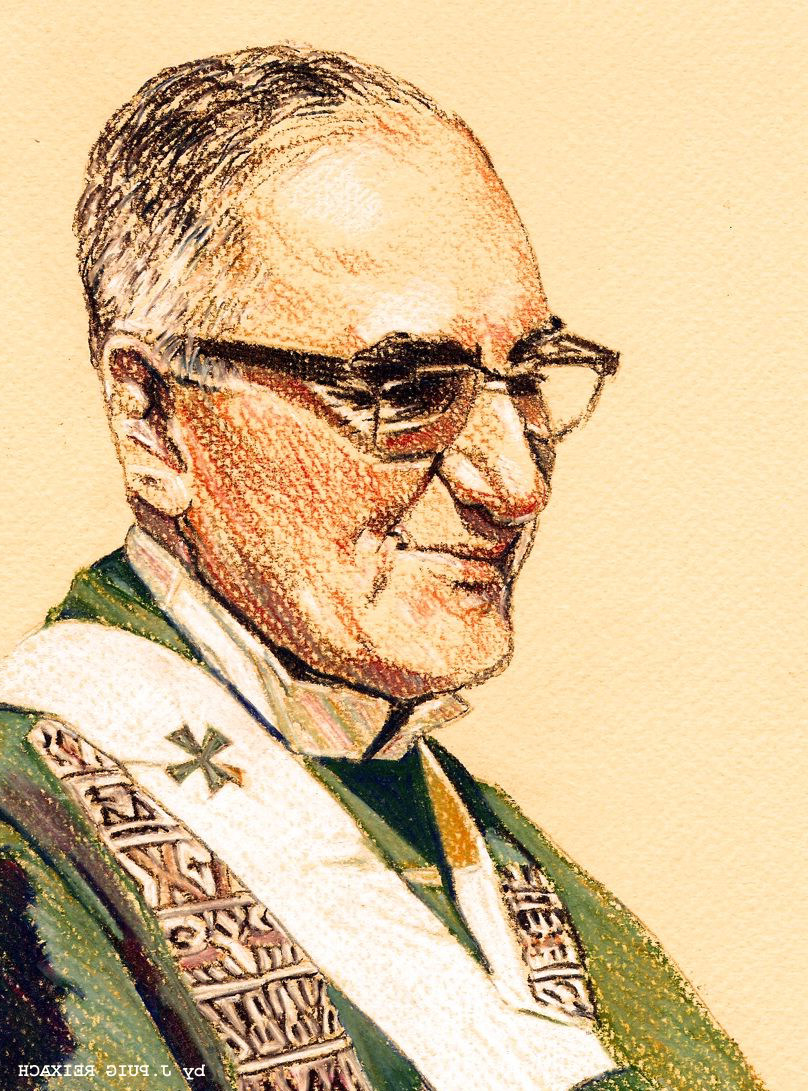
Our vision is a fair world, a world in solidarity, in which everyone can live a good life. It’s a world free of discrimination and violence, defined by a diverse society. In this world, the individual is the center of an alternative economic system in which everyone has access to dignified work and to the fundamental resources necessary for a good life.

The Christliche initiative Romero (CIR) has stood for labor and human rights since 1981. Our work focuses on Central America and on the support of movements and organizations in Nicaragua, El Salvador, Guatemala and Honduras. Moreover, we support campaigns and educational work in Germany.
Our goal is to build a connection between the countries of the Global South and Germany. In the spirit of our name giver, the Salvadorian archbishop Oscar Romero, who was killed in 1980, the initiative works against injustice and stands up for the poor.
The Christliche Initiative Romero was formed out of the German Solidarity Movement for Central America. In the past, civil war and revolutions were the focus of attention. However, today the reporting is about workers in huge factories where they manufacture clothes, car parts, toys and computer components, or workers who slave away on coffee or flower plantations under substandard working conditions to produce for the global market.
The Christliche Initiative Romero supports countless partner organizations in the region as well as projects which support better working and living conditions. We have close contacts with women’s rights, labor rights and human rights organizations in El Salvador, Guatemala, Nicaragua and Honduras. Consequently, we are in a position to reveal and contradict the lies of big companies concerning substandard working conditions in their supply chains. Furthermore, we focus on the political and cultural emancipation of indigenous tribes, as well as the rights of children. Another big part of our work is the support of women’s organizations in Central America who stand up against male violence.
Through campaign work in Germany – e.g. the CIR is a member of the International Campaign for Clean Clothes as well as the CorA Network for the social responsibility of companies – we want to give a voice to the victims of global growth. We create awareness about the precarious working conditions in countries of the Global South and launch protest campaigns. The dialogue with companies is also part of our campaign work. Through the revelation and publication of substandard working conditions in Central America, companies are forced to act so that the image they have created through costly advertising isn’t corrupted by negative headlines.
In the course of the campaign for clean clothes, the CIR publicly confronted companies such as Adidas, Puma or C&A with the conditions in the factories of their suppliers. This part of the CIR’s work, which is accompanied by huge media coverage, is gradually beginning to show results. Today, a large number of German textile companies accept their responsibilities. Nicely phrased codes of conduct promise the observance of basic labor rights. Sadly, audits often reveal mostly inadequate conditions.
The campaign work of the CIR started 35 years ago: Our “Coffee with blood stains” campaign in front of Tschibo coffee stores in the 1980s lead to our becoming one of the founders of the TransFair seal for fair coffee. Today, the CIR, in cooperation with coffee producers, is one of the organizations working to define a code of conduct for socially and ecologically produced coffee.
More than 35 years after its foundation, the CIR has become a medium-sized NGO with funds of around 500,000 Euros from donations. The projects of the CIR are financially supported by the European Union, the Federal Ministry of Economic Collaboration and Development and the Foundation for Environment and Development.


At first, Oscar Romero was theologically and politically rather conservative. However, after being appointed archbishop of San Salvador in 1977, he had a change of heart. He became the voice of the poor and suffering of his homeland. Because of his commitment for the poor, right wing conservatives from El Salvador had him executed on 24 March 1980. The murder of Romero was the beginning of a civil war in El Salvador, in which 75,000 people were killed and which didn’t end until 1992.